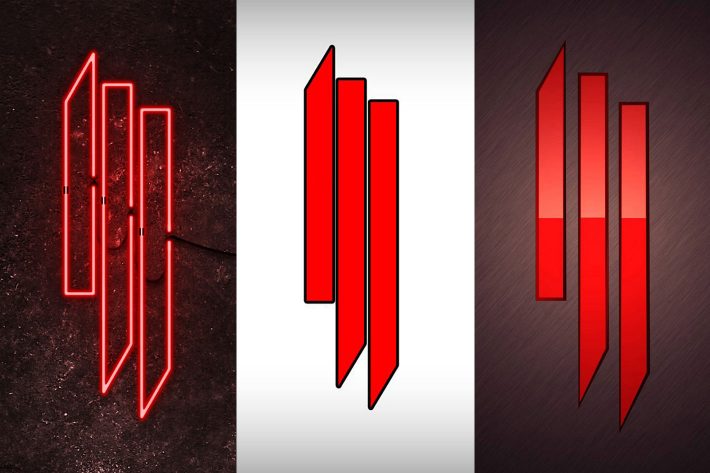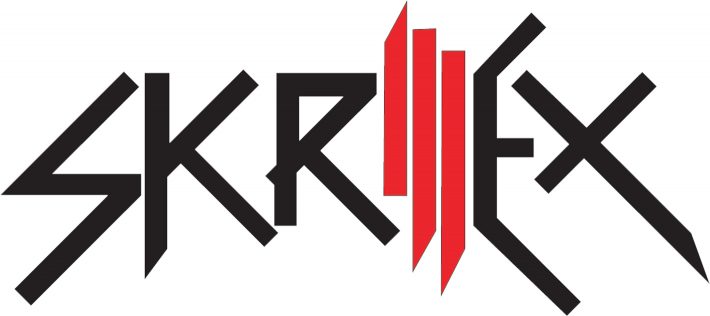Want to know how to market yourself in the music industry? Sarah Karney offers four successful tips on how to start building your personal brand as a musician. Learn about the elements of branding and how to they are used in music marketing.
![]()
1. Your Personal Brand
In today’s industry, a musician’s brand can end up playing more of a role in their success than the actual music they create. This can be frustrating for many musicians who simply want to make music.
However, personal branding doesn’t mean you have to sacrifice your humanity for the sake of your career. Instead, branding enables you to consistently put out high-quality, holistic content that attracts and retains fans for the long run.
Personal branding allows you to present yourself in an organized way that is appealing, recognizable, and — as the term suggests — personal. It’s important not only to build a personal connection with your fans but also to establish legitimacy and credibility as a professional with other brands. For example, media and talent buyers, that are willing and wanting to work with you.
2. Elements of Branding
Personal branding should be something you’re thinking about, even if you’re just starting out in music production as a hobby. Beginning the process of personal branding can even help you determine the very path of the music you create.
Early on, you have a few key decisions to make that will affect the rest of your career. Whether you dream of playing major festivals or just quietly scoring behind the scenes, branding will play a significant role.
To get started, focus on nailing the following elements of personal branding first. This approach will make forthcoming branding, business, and career decisions a bit easier to take on in the future.
Brand Name
What’s in a name? According to psychologists — everything. Words evoke meaning, concept, and context, and your stage name is no different.
Start by brainstorming a list of words, phrases, and images that you feel describe your music or personal style. You are obviously biased here, so the decision can be challenging. To help, try asking friends and family about the imagery that comes to mind when they listen to your music.
While it’s certainly a possibility to change your name in the future, it’s also a guaranteed hassle. Make sure you put a lot of thought into this aspect of your brand the first time around.
More importantly (from a marketing standpoint at least) is that you choose a name that won’t make it impossible for listeners to find you — aka SEO. It will be hard for potential fans to find you and your music if you choose a name that is too common or has multiple meanings.
It’s not just SEO this big decision affects; choosing a name someone has already trademarked could get you in a lot of legal and/or financial trouble down the road. Be sure to do your due diligence before settling on a brand name.
Brand Logo
Logos are essential for event flyers and other print media. A logo also adds a professional touch to your social media and streaming pages. They are also building blocks from which your colors, fonts, and other design elements will stem.
Many brands choose to come up with two variants of a logo, known as a logomark and logotype. Logomarks are standalone images used to showcase your brand, while a logotype is the stylized version of your stage name.
Here’s an example of each, as demonstrated by well-known producer Skrillex:
Variants of Skrillex’s Logomark

Skrillex’s Logotype

3. Online Assets
You’re likely going to need a strong online presence if you want your music shared. It’s important to have at least one streaming platform, if not multiple social media sites. This approach will require consistent branding to create a unified, professional brand across various sites.
Start by browsing Pinterest or Instagram for branding inspiration. You can also use Pinterest to create your own mood board. Building a mood board is an inspirational process that allows you to gather some thoughts and ideas into one area. They can consist of imagery, color palettes, words, typography, and other brands you aspire to for inspiration. They also give you something to return to anytime to ensure anything new you create aligns with your personal brand.
Once you have your mood board laid out, you can use it as a guide to design your website, electronic press kit (EPK), social graphics, and any other online assets you may need.
Consider the statistic that first impressions are made within seven seconds. A poorly-designed press kit, biography rife with grammatical errors, or a grainy logo can drive a talent buyer, blogger, or potential fan away before you even have a chance to put your music in front of them.
That’s why it’s crucial to get these pieces right the first time around and ensure they all fit together cohesively.
4. IRL Branding
It’s also crucial that your online brand accurately represents how you portray yourself on stage and IRL (in real life). Today’s audiences are vigilant when it comes to seeing through gimmicks, so how you brand yourself in the flesh is an important consideration.
IRL branding can also be demonstrated through your live show visuals, stage set up or merch booth, wardrobe choices, and your set list. How you present yourself on stage and interact with fans plays a significant role as well.
By focusing on these basic elements of branding, you can build a strong foundation that will later expand with you as your career evolves. For example, translating into your merch designs or co-branding opportunities.
Conclusion
Logo, name, and imagery aside, the most important thing to remember when building your personal brand is to always side with authenticity and originality. As long as you base the foundation of your personal brand around ideals you accurately represent, building it out as your career continues will come naturally.